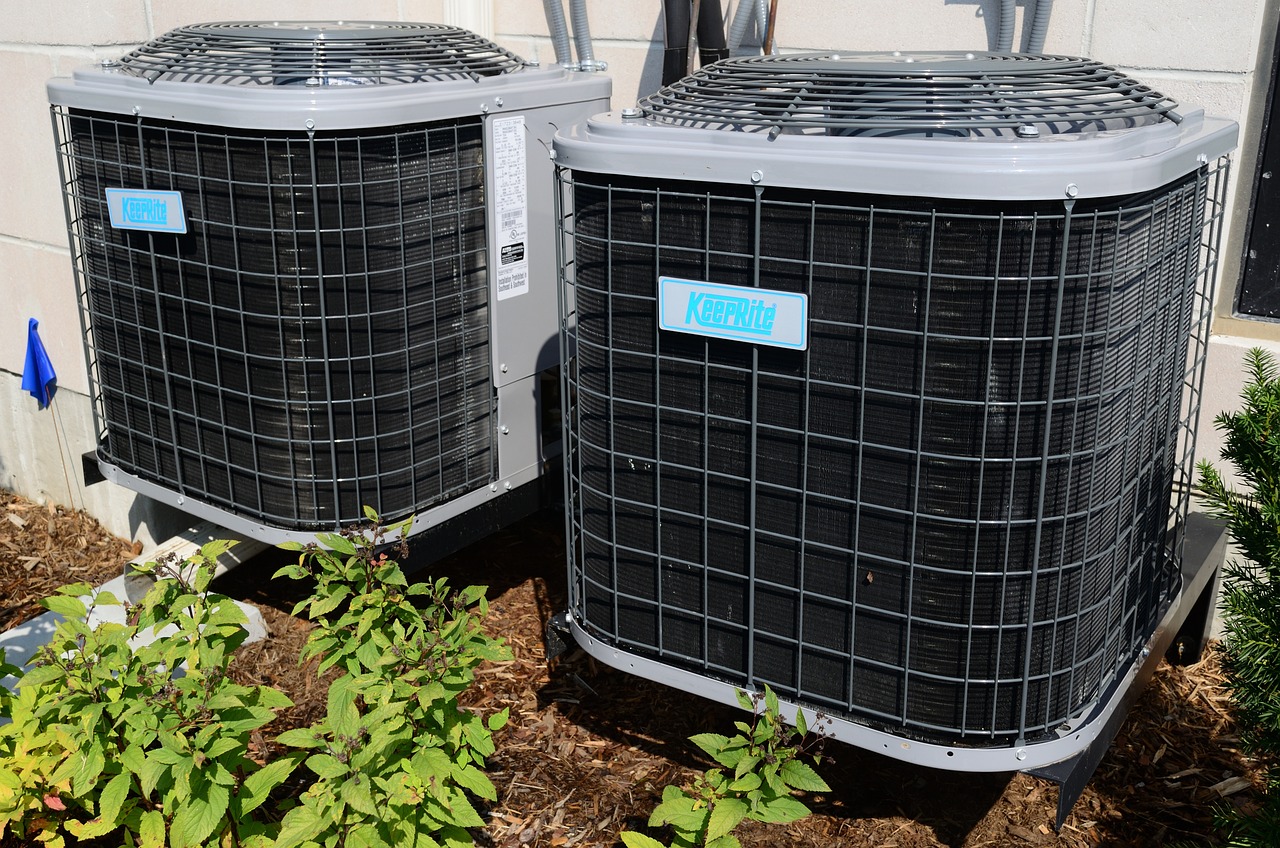Share this article with your network of friends!
As seniors, maintaining a comfortable living environment is crucial for our well-being, particularly when it comes to heating and cooling our homes. However, there may come a time when our HVAC (Heating, Ventilation, and Air Conditioning) systems need replacement. To ensure a smooth and fair process, it is important to have a clear understanding of when replacement is necessary and how to avoid being taken advantage of. In this article, we will provide valuable insights and tips for seniors on replacing HVAC systems, helping you make informed decisions and safeguard your investment.
1. Signs It’s Time for Replacement:
– Age of the System: HVAC systems typically have a lifespan of 10-15 years. If your system is approaching or exceeding this range, replacement may be necessary.
– Frequent Repairs: If you find yourself constantly calling for repairs and experiencing rising maintenance costs, it may be more cost-effective to replace the system.
– Declining Efficiency: Noticeable increases in utility bills, decreased heating or cooling effectiveness, or uneven temperature distribution throughout the home are indicators of declining efficiency.
– Strange Noises or Odors: Unusual sounds, persistent odors, or poor indoor air quality can signal mechanical issues that may necessitate system replacement.
2. Do Your Research:
– Seek Multiple Opinions: Consult multiple reputable HVAC professionals to evaluate your system and provide estimates for replacement. This allows for comparison and helps you make an informed decision.
– Understand Your Current System: Familiarize yourself with the basic components and functions of your existing HVAC system. This knowledge will empower you to ask relevant questions and understand the proposed solutions.
3. Finding a Reliable HVAC Contractor:
– Verify Credentials: Ensure the contractor is licensed, bonded, and insured. Request references and check online reviews to gauge their reputation and customer satisfaction.
– Obtain Multiple Quotes: Seek estimates from different contractors to ensure a fair price. Compare the breakdown of costs, warranties, and included services.
– Ask for Detailed Explanations: Request a thorough explanation of the proposed system replacement. A reputable contractor will provide clear information about the necessary upgrades, energy efficiency ratings, and overall benefits.
4. Consider Energy Efficiency:
– Look for ENERGY STAR® Certified Systems: ENERGY STAR® rated HVAC systems meet strict efficiency standards, providing better performance and potentially reducing energy costs in the long run.
– Understand SEER and AFUE Ratings: SEER (Seasonal Energy Efficiency Ratio) measures the cooling efficiency of an air conditioner, while AFUE (Annual Fuel Utilization Efficiency) measures the heating efficiency of a furnace. Higher ratings indicate greater efficiency.
– Discuss Rebates and Incentives: Inquire about available rebates, tax credits, or other incentives for installing energy-efficient systems. These can help offset the initial cost and provide long-term savings.
5. Trust Your Instincts:
– Beware of High-Pressure Tactics: Be cautious if a contractor uses aggressive sales tactics or insists on immediate decisions. Take your time to make an informed choice that suits your needs and budget.
– Seek Second Opinions: If a contractor suggests a complete system replacement without a thorough evaluation or detailed explanation, consider seeking a second opinion before committing to the replacement.
Replacing an HVAC system can be a significant investment for seniors, and it is essential to approach the process with caution and knowledge. By recognizing the signs that indicate the need for replacement, conducting thorough research, obtaining multiple estimates, considering energy efficiency, and trusting your instincts, you can ensure a fair and successful HVAC system replacement. Maintaining a comfortable and efficient living environment is important, and with proper evaluation and due diligence, you can make informed decisions that will serve you well for years to come.
DISCLAIMER: This website contains articles for informational and entertainment purposes only. No articles on this website should be considered as professional advice for any medical, legal, or financial matter. Advertisements and content may contain affiliate links, where the website earns a commission for sales derived from our users.





